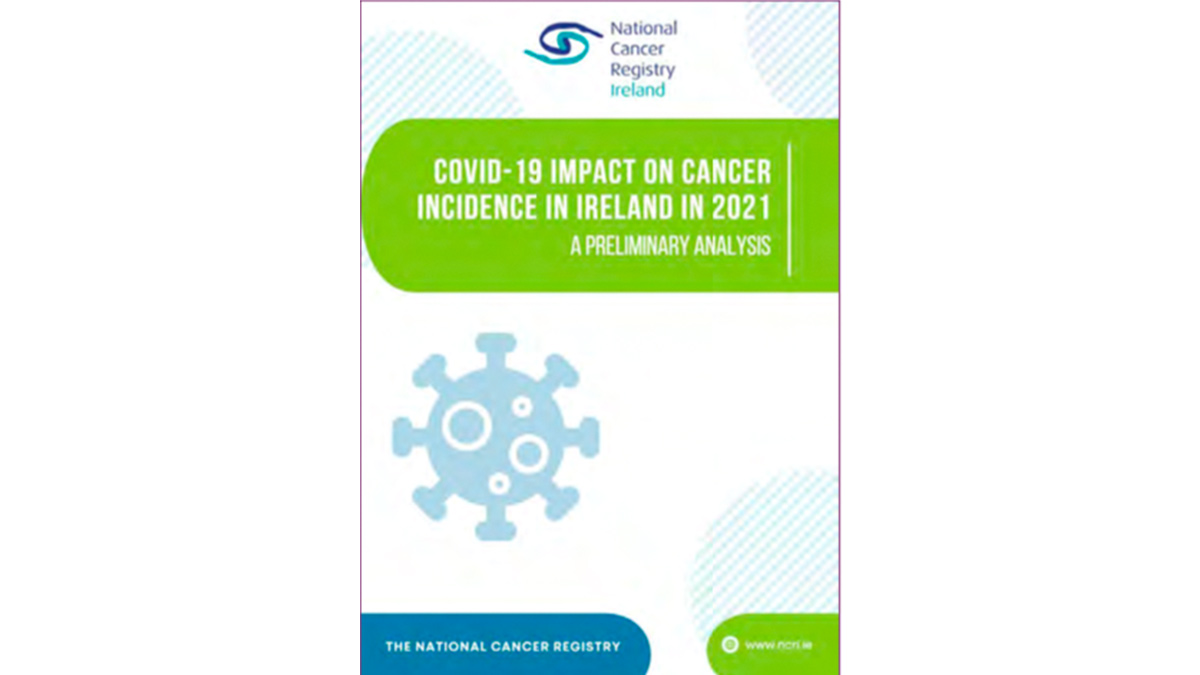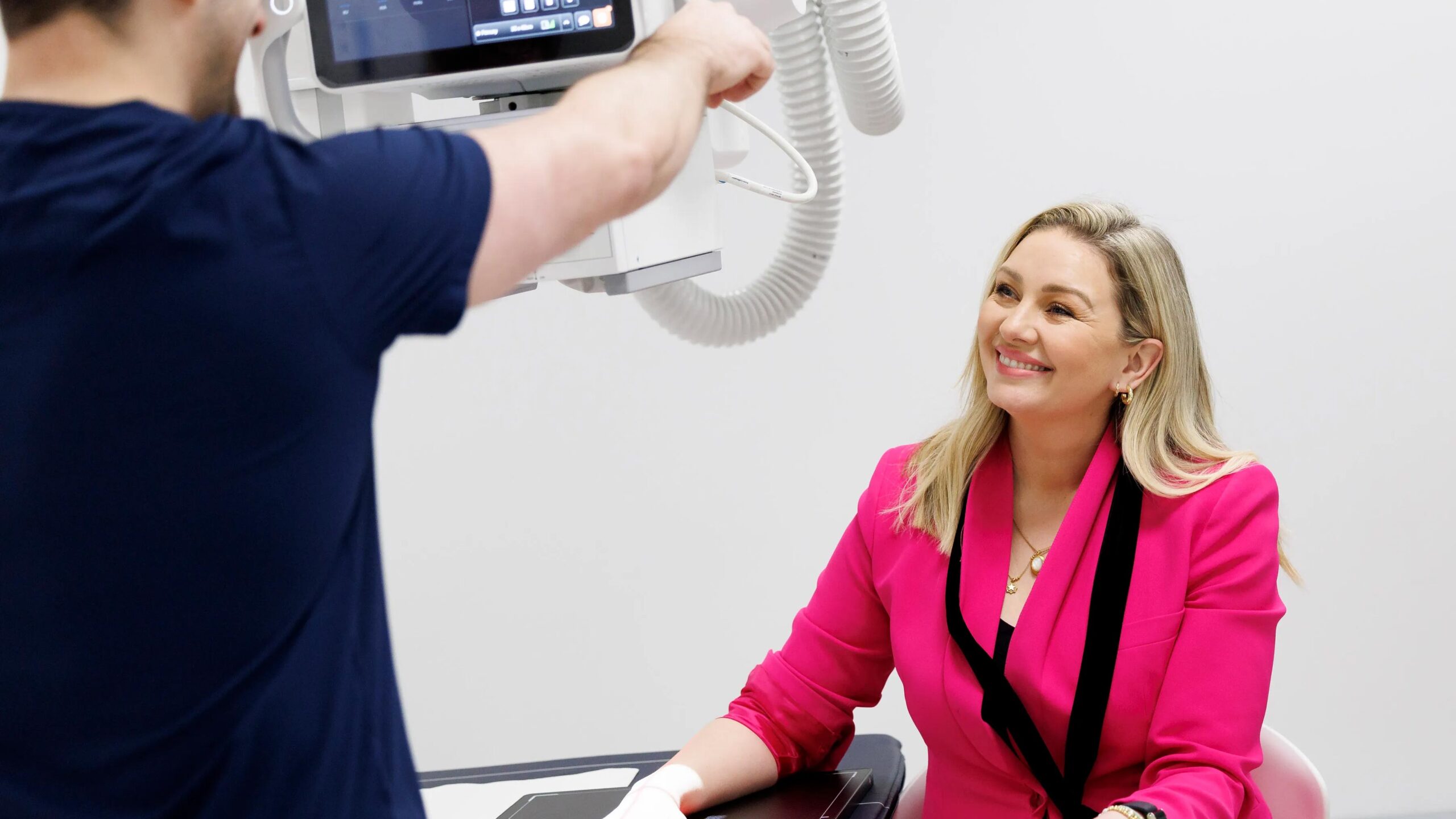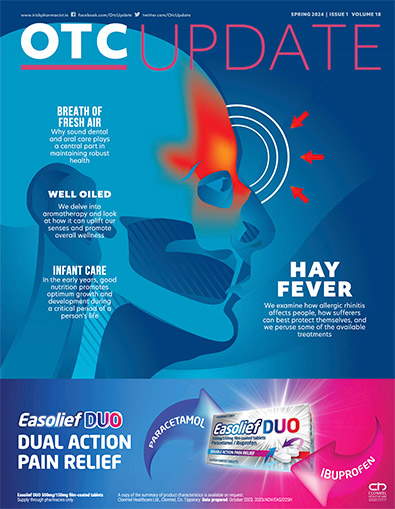Research by RCSI University of Medicine and Health Sciences has provided new insights into the mechanism behind how our circadian 24-hour body clock influences our immune response to vaccines, depending on the time of day.
The paper, published in Nature Communications, examined the changes taking place in the mitochondria of a key immune cell involved in the vaccine response and could help improve the design and timing of administration of future vaccines to maximise effectiveness.
It had been previously found that humans mount a greater response to certain vaccines depending on the time of day at which the vaccine is administered, however the reason behind this wasn’t clearly understood. This research has uncovered that our circadian clock is changing the shape of mitochondria within dendritic cells. The variations in the structure of mitochondria influence how well dendritic cells function throughout the day.
Research author Prof Annie Curtis, School of Pharmacy and Biomolecular Sciences at RCSI, said: “Our discovery has shed light on a crucial aspect of our body’s response to vaccination and highlights the importance of circadian rhythms in immunity. We can apply this understanding in vaccine development to ensure we receive the maximum benefits from vaccination.”
The circadian clock within dendritic cells is controlling whether mitochondria form one of two shapes, either long strings, ‘networked’, or broken into small punctate pieces. It is within the networked formation that vaccination is most effective, as dendritic cells have a better ability break-up the vaccine into small pieces for interaction with our immune cells (T cells). Within the study, researchers used an approach to induce the networked phase, which could have implications in vaccine design, allowing us to optimise our immune response, irrespective of time of day







